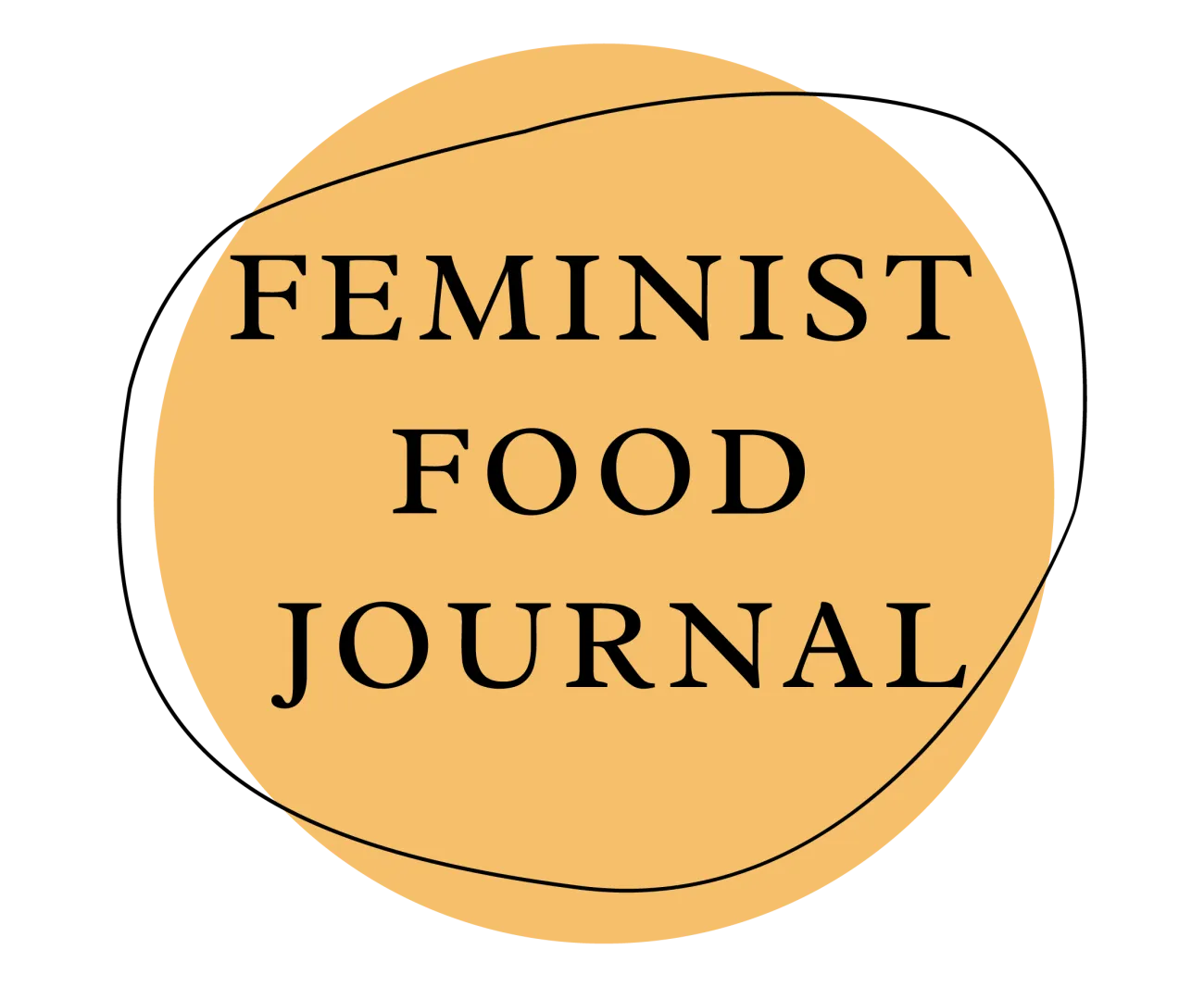This paper conducted a global analysis of market data from 54 countries and found that while sales in high-income countries were stagnating, leading firms maintained stable net profit margins and delivered relatively high shareholder returns, facilitated by financial strategies such as franchising and private equity ownership. U.S.-based corporations dominated the global market, with substantial expansion into countries outside the global North.
Background
The fast-food industry has transformed substantially in recent decades – from diverse, locally rooted providers into a globalised, and increasingly corporate-led industry. Corporate fast-food retailers (FFRs) represent a key retail channel through which both ultra-processed foods and intensively produced animal source foods are consumed and normalised within corporate-industrial food systems. These dietary patterns are strongly associated with increased risks of diet-related diseases and contribute significantly to environmental degradation, including greenhouse gas emissions, land use change, and biodiversity loss. Despite the growing significance of FFRs, there has been limited analysis of their financial strategies and implications for global food system transformation.
Results
We conducted a global analysis of market data from 54 countries and financial data of publicly listed FFRs, examining trends in FFR sales (2009–2023), market dominance, and the financial performance of leading publicly listed firms (1980–2023). We found that while sales in high-income countries were stagnating, leading firms maintained stable net profit margins and delivered relatively high shareholder returns, facilitated by financialstrategies such as franchising and private equity ownership. U.S.-based corporations dominated the global market, with substantial expansion into countries outside the global North. These trends reflect the consolidation of power within the corporate food regime.
Conclusions
The global expansion of corporate FFRs underscore their growing influence over diets and food systems, with critical implications for public health, ecological sustainability, and social justice. Policies targeting structural leverage points, for example, democratising corporate governance, reducing the influence of private equity, and re-orienting agri-food subsidies, are essential to countering the entrenchment of this model and supporting more democratic and sustainable food systems.




Comments (0)